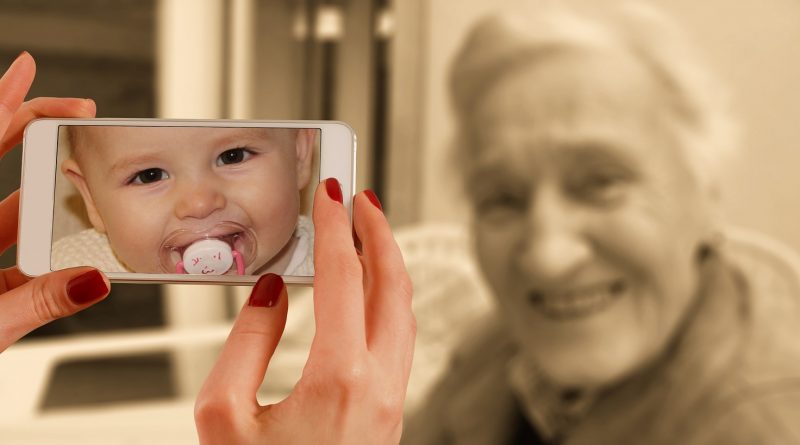How To Stay Independent As We Age
As we age, medical or mobility issues could threaten our desire to remain independent and in our own homes – but it doesn’t necessarily need to be this way. Although the increased risk of falls, occasional dizziness caused by medication, balance problems, or general frailty can all contribute to making the home potentially full of hazards, there are plenty of steps that can be taken to make things safe without sacrificing your independence.
From the latest tech to simple household hacks, below, we explore things to consider putting in place to give you peace of mind so that you can continue to enjoy living in your own home.
Medical Alert Systems
No longer the bulky, unwieldy things of the past, medical alert systems are now discreet, wearable, and intuitive. A panic button gives you the assurance of being able to quickly summon help in the event of a fall, injury, or another emergency – many are now wireless and designed to look like watches or bracelets. Look for waterproof panic buttons that can be safely worn in the shower and monitors that can be used with either cellular or landline phones.
Other devices can monitor temperature and detect falls, allow you to set reminders to take medication, and offer 24/7 monitoring by trained staff. Read this article for more information on the best medical alert systems on the market right now so that you pick the one that fits best with your lifestyle and preferences.
Adapting the Home
Making some changes around the home is one of the best ways to stay safe. Assess your home carefully, paying particular attention to fall hazards: these could include uneven areas of flooring, rugs, or furniture arranged in such a way that it’s tricky to maneuver around.
Remove any floor coverings that could slip or have turned up edges, and ensure all wires are tucked away and unable to entangle passing feet. Uneven flooring can be made safer by placing a ramp on that area of the room, and you could consider installing a stair-life to make things easier and safer.
Having rails installed at points throughout the home, and in the bathroom especially, is an easy way to scale up safety, and, if the medication you take makes you sometimes feel a little unsteady on your feet, putting a chair in the bathroom and kitchen to use in case of a sudden dizzy spell, is a really good idea.
These are just a few examples of adaptations that can be made around the home – have a look online for more ideas, or instruct a professional to visit your home to assess what needs to be done.
Maintain Good Nutrition
As we age, many of us find that our appetite decreases; however, it’s vital to ensure we continue to nourish our bodies properly, to help guard us against disease and illness, and keep up our strength – these things can play a key role in maintaining independence in our own home.
It can be tempting to just rely on snacks or quick bites to eat throughout the day, but it’s important to plan a proper menu for the week, to ensure that we’re eating properly and giving our bodies the nutrients that they need. Alternatively, you could arrange a meal rota system with a few friends, so that you only need to cook once a week, for example.
It may be worth speaking with your doctor or healthcare professional to find out if they recommend you take any supplements to support your health or whether there’s any need to increase or decrease your consumption of certain foods.
Stay Active
Keeping physically active can also promote continuing good health and can improve your balance, flexibility, and mobility, which could help to prevent falls. Exercise has also been linked to increased cognitive function, and the endorphins released into the body as a result of physical exertion make us feel happier, too!
Speak with a healthcare professional first to determine the type of exercise that will be safe for you; there are now plenty of senior exercise classes running in a variety of locations, which will be geared specifically to your needs, or simply go swimming or take a walk around the block a few times a week.
Managing Money
Paying bills, balancing the books, and budgeting are tasks that can be easily overlooked, but it’s vital to maintain control of your finances in order to remain in your own home. If this is something you’re struggling with, then there are volunteers or financial counselors in place who can help – be sure that the organization you reach out to is credible, though, and check credentials carefully first.
Support at Home
Finally, if there are just a couple of things you need some help with, then it may be worth hiring some home support to assist you with these tasks so that you can continue living in your home. This could be arranging for a meal delivery service to bring you dishes, getting help with some of the more heavy household chores, or having someone come in to help you with personal care.
